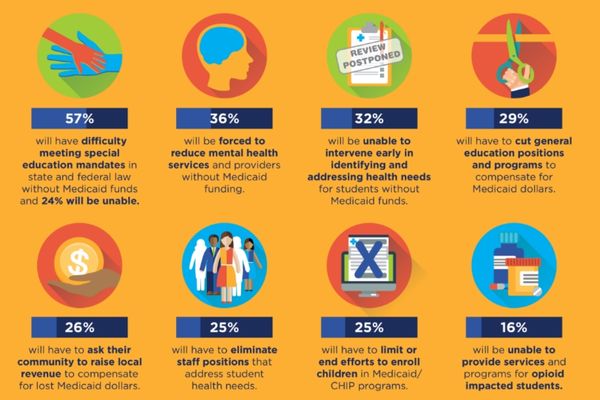Trauma Sensitivity in Early Learning
January 01, 2021
Caring connections among staff, students and families can help combat the pandemic’s ill effects.
Early childhood educators know well that young children must have strong caring relationships with adults and peers to develop appropriately, gain the foundations for learning and master the curriculum.
With families taking on greater roles related to learning at school, this time of remote and hybrid schooling has brought to light the importance of sustained and robust partnerships with families.
This Content is Exclusive to Members
AASA Member? Login to Access the Full Resource
Not a Member? Join Now | Learn More About Membership
Brockton’s Use of Warm Voices in Parent Partnerships
In the Brockton Public Schools, we recognized the need early in the pandemic for a districtwide plan for communicating with families. In May, Superintendent Michael Thomas established and chaired a reopening committee composed of counselors, teachers, administrators, school board members, parents and union representatives. The group met weekly throughout the summer to discuss best approaches for connecting with families and providing support during school closures.
The district’s 11 elementary principals convened via Zoom to devise strategies for their staff members for connecting with parents prior to the start of school. Our superintendent said: “Education doesn’t happen in silos. It requires collaboration across every department and every school.”
Brockton staff were counseled that using warm voices during phone conversations and that saying “we care” are more powerful than e-mail messages. Staff were also advised that using their first names in welcoming and informal calls worked best when connecting with parents. During phone conversations, staff made sure to ask students how they were faring and teachers checked what name they preferred to use in class. Did the family have Wi-Fi? (If not, Brockton staff offered to set up a hot spot in partnership with an internet provider.) What was the best way to stay in contact? And, how was their pandemic experience?
When those being called by staff indicated they had lost family members, educators thanked them for sharing this information and discussed how best the teacher could support the child.
— Joanne Camillo
Additional Resources
Susan Cole and her colleagues have written two books relating to the impact of trauma on learning and how to create a trauma-sensitive school.
Ordering details and other information can be found at traumasensitiveschools.org.
Helping Traumatized Children Learn (vol. 1) by Susan F. Cole et al., Massachusetts Advocates for Children, Boston, Mass.
Creating and Advocating for Trauma-Sensitive Schools (vol. 2) by Susan F. Cole et al., Massachusetts Advocates for Children, Boston, Mass.
In addition, a report by Devin Attalah and colleagues, “An Evaluation of Trauma and Learning Policy Initiative’s Inquiry-Based Process: Year Three,” can be found online.
Advertisement
Advertisement
Advertisement
Advertisement



.png?sfvrsn=3d584f2d_3)